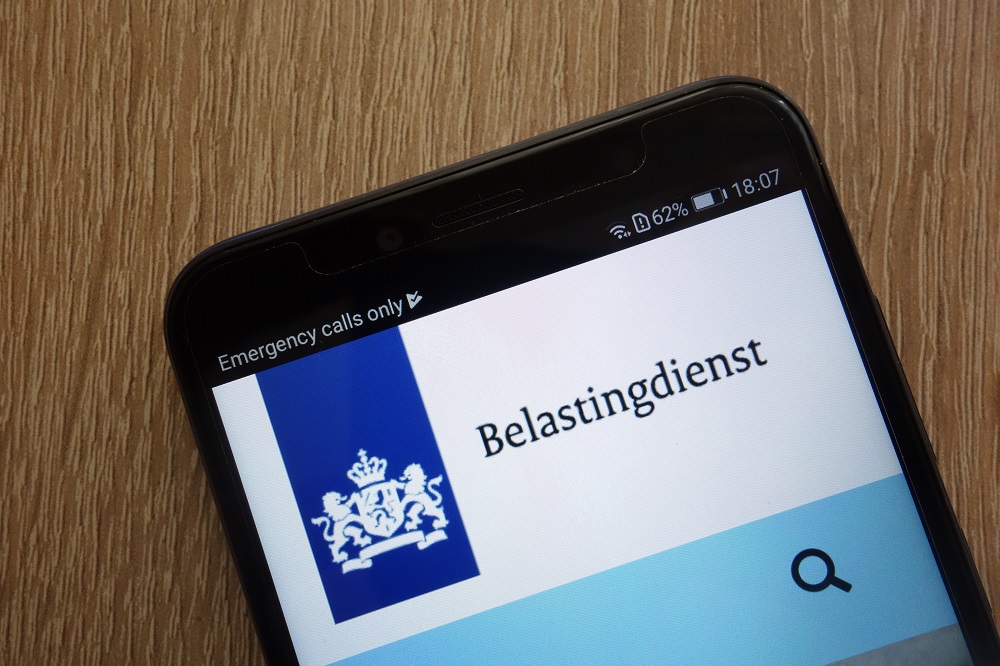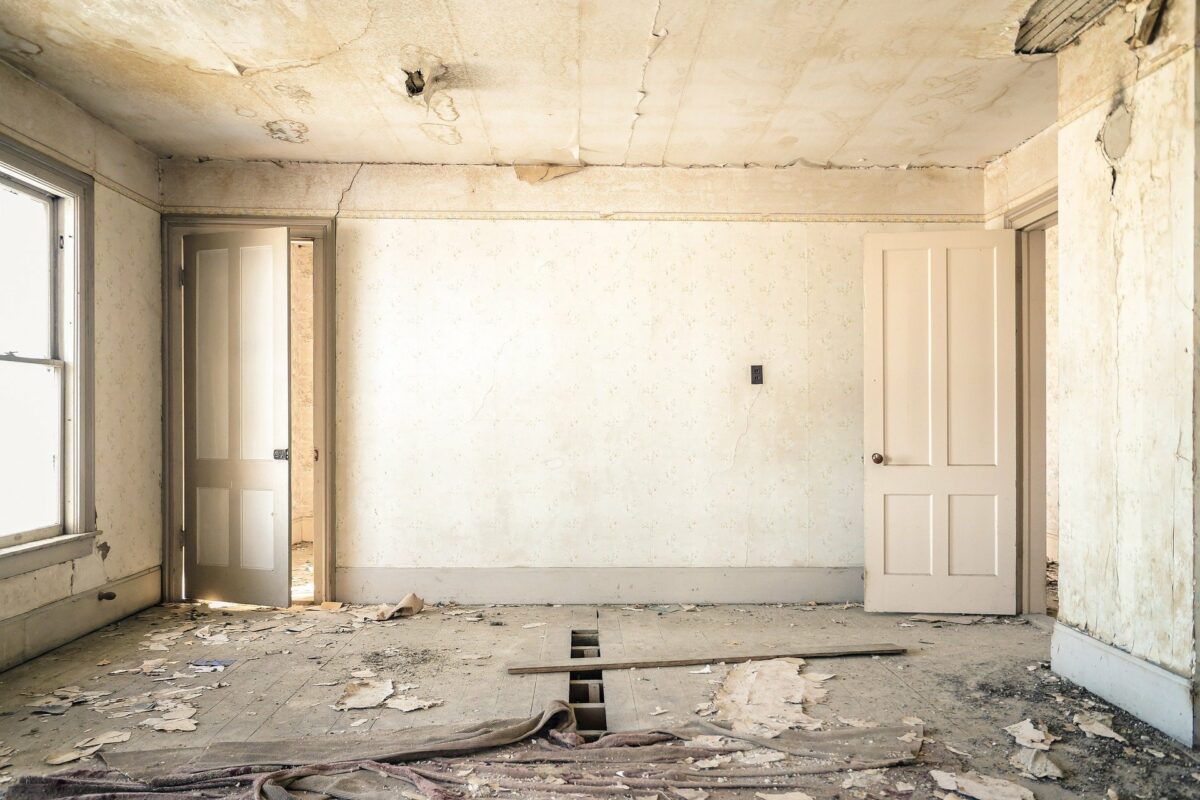For most people, the purchase of a house is an important and exciting event.
This is especially so for expats who find themselves buying a home in a country other than their own. Of course, finding the right house in the right place is a first priority – but once you have done that successfully; then what? What are the legal issues that you have to take into account?
Purchase Agreement
The agreements reached with the seller should be put in writing in a purchase agreement. This agreement is often drawn up by the realtor. If there is no realtor involved in the transaction, it can be drawn up by a civil law notary. In Amsterdam, these agreements are always drawn up by a civil law notary.
Once the seller and the buyer have signed the agreement, the buyer is given a three-day period to reconsider. Within this period, he can cancel the purchase without further explanation. The purchase agreement can contain dissolutive conditions. For instance, it can be made subject to the ability of the buyer to obtain financing, the sound structural state of the building, or the absence of ground pollution. This allows the purchaser to investigate whether he can obtain a mortgage, or to have building inspectors investigate the premises for defects.
Arranging a Mortgage
A mortgage can be requested with a bank. The bank will investigate the purchaser’s entire financial background before deciding whether or not to grant the loan. This could take a couple of weeks, which should be taken into account when drawing up a time line. The entire request for a mortgage must be approved by the bank before the transfer can take place through the civil law notary.
 “Things work out best when the partners become equal owners and have a separate document stating who contributed what to the purchase price.”
“Things work out best when the partners become equal owners and have a separate document stating who contributed what to the purchase price.”
Transfer of Property and the Mortgage Deed
On the date that has been agreed to with the seller, the transfer of title and the mortgage deed will be signed in the office of the civil law notary. Both documents will be entered in the Land Registry by the civil law notary – after which ownership will truly transfer to the purchaser.
While preparing the transfer, the civil law notary will investigate whether the seller really is the owner, whether anyone else has any claim on the property, and whether it is encumbered by any easements or other obligations – and that creditors have not seized it.
Before ownership is transferred, the buyer must deposit the purchase sum on a bank account belonging to the civil law notary. The civil law notary arranges with the bank granting the mortgage that the amount it is loaning to the buyer is paid on time. Also the paying off of the mortgage by the seller – after the transfer of title – goes through the civil law notary.
This procedure ensures that the buyer obtains property that is entirely unencumbered.
Registration
If you buy a home together with a partner, how is it registered? Do both of you become 50% owners – or is the percentage different? How do you arrange things when one of you pays more than the other for the property?
These are important questions that do not have a simple answer. It depends on a variety of factors. For instance, are the partners married, is there a prenuptial agreement and which national law of matrimonial property applies? And if they are not married, do they have a cohabitation agreement that has to be taken into account?
An important premise is that when both partners can be held accountable by the bank for the payment of the mortgage, then they must both be owners. This creates equilibrium!
Whereby it should be kept in mind that, once the property has been entered in the Land Registry, the division of ownership has been officially established. Changing it is not easy; it requires a new deed, drawn up by a civil law notary. And probably involves the need to pay transfer tax – which can make the whole procedure quite expensive.
In practice, things work out best when the partners become equal owners and it is laid down in a separate document who contributed what to the purchase price. Furthermore, this type of agreement is flexible as it can simply be adapted down the road should one or both partner(s) make additional investments in the future.
The agreement must, however, be in keeping with the existing agreements or rules that apply to the marriage or relationship in question. In order to judge that, it is best to request the assistance of a civil law notary who specializes in marital property law. Be sure to obtain timely advice.
 “All expats are advised to have themselves informed on the inheritance law of their country of residence.”
“All expats are advised to have themselves informed on the inheritance law of their country of residence.”
Will
And what happens to the home when one of you dies? Which inheritance law applies and do you need to draw up a will regarding the home that you have in the Netherlands?
If you die while your principal place of residence is the Netherlands, then Dutch inheritance law will apply to your estate; both to your property located in the Netherlands and your property located abroad. Also if you do not have Dutch nationality. This has been decided in the European Inheritance Regulation that entered into force in August 2015.
All expats who are not living in their country of origin are advised to have themselves informed on the inheritance law of their country of residence. In most cases, it is wise to draw up a will. In this, you can determine who inherits what, who becomes the executor, who will take care of your children and who will manage your assets.
Do you have property in more than one country? Then the will must contain rules that can be implemented in the countries in question and that will have the desired fiscal consequences. Particularly in international situations, a will can greatly simplify the winding up of the inheritance for the surviving family members. In the Netherlands, all wills – in order to be legally recognized – must be drawn up by a civil law notary.
Be sure to consult a civil law notary who specializes in international inheritance law.

The Holland Handbook 2024
It is that time of year again; the new and annually-updated version of The ...

Dutch Taxes
Taxes are always complicated. If you have moved to the Netherlands from another country they ...

The UnDutchables 9.0
Following the legendary previous eight editions of The UnDutchables, the 9th edition of this all ...

Making the most of your Dutch home
Whether you are renting, staying in a long-term AirBNB or have just bought a ...

Gift giving in the Netherlands-all ...
If you feel like skipping your birthday, you may be in for a challenge when ...

10 things you will find in every Du ...
The Dutch are very fond of houseplants, the more the merrier! You will find the ...

Obtaining a Mortgage as an Expat in ...
Obtaining a mortgage as an expat in the Netherlands can be a complex process, as ...

Help me move to the Netherlands!
Obviously, the decision to move to the Netherlands is not one to be taken lightly ...

The Impact of Technology on Educati ...
Education is unending and pivotal in society. Technology is one of the most dynamic entities ...

Five Renovation Tips to Increase yo ...
Learn how much home renovations cost – and which repairs increase the home value, and which ...